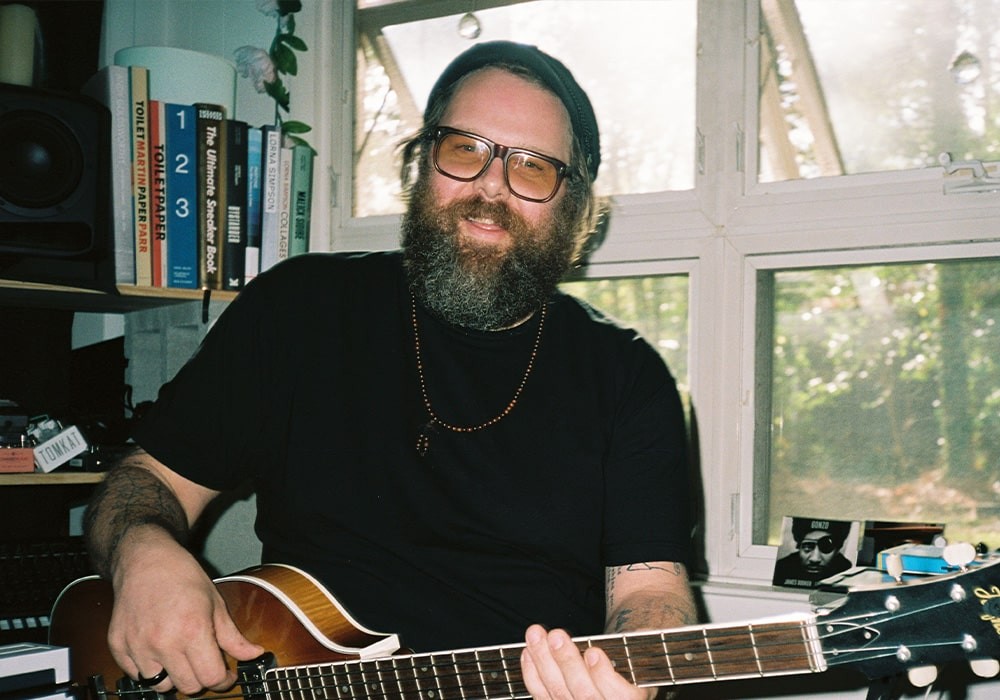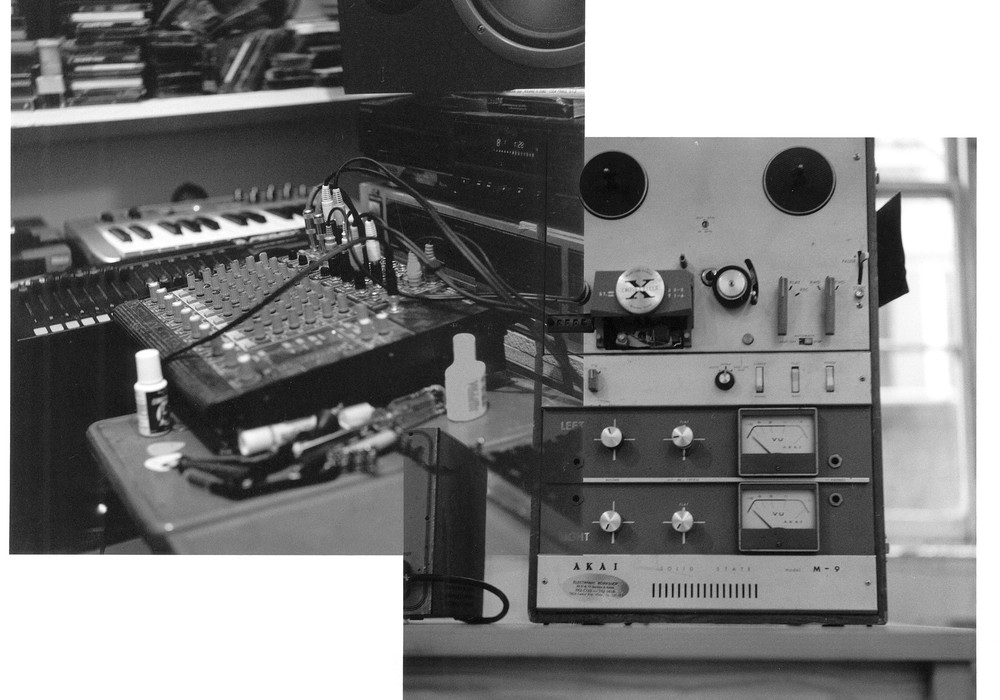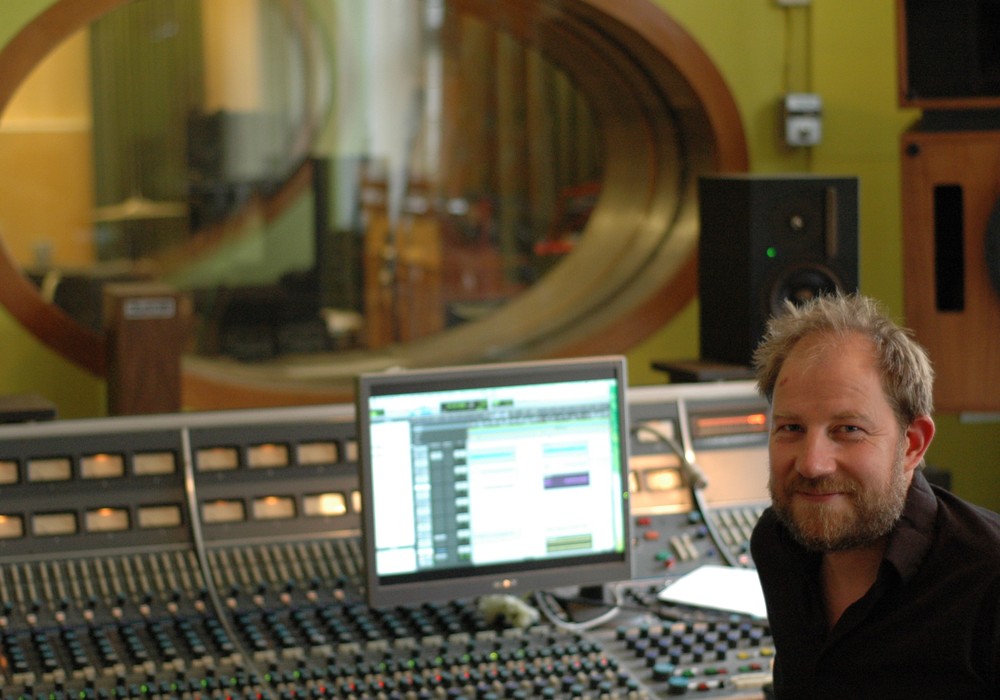He's always had big ideas, been involved with big projects and had hits with countless artists in his many decades in the music business. Although Bob will be the first to acknowledge how lucky he's been in his life to work with so many great artists, there is also an unmistakable thread that weaves through all of his records. It is the combination of all of the things that happen during a Bob Johnston session that makes his records so great, and the results continue to speak for themselves.
- Jimmy Foot
In 2004 the only two records that lived on my turntable were Bob Dylan's Blonde on Blonde and Leonard Cohen's Songs of Love and Hate. They became obsessions, as did the man who produced them. I soon came to discover that this enigma also produced many of my other favorite records, but I couldn't find much information on the man himself. In February of 2009 I was lucky enough to get tickets to Leonard Cohen's performance in New York City. I showed up at will call and they were flipping through the envelopes for the tickets, and they flipped past an envelope that said "Bob Johnston." I thought, "Holy fuck. I'm going to be in the same room as Bob Johnston!" We sat down at our seats and about three songs in I looked to the left of me and one seat over was Bob Johnston. At intermission I walked up to him and said, "Excuse me. I think you're the greatest record producer of all time." And with his deep Texas drawl he said, "Yep. My name is George Martin." Now I've never met George Martin, but I am pretty sure he's not from Texas. -HB
Were you ever nervous to work with any of these artists?
Not nervous. I told them all when I started that I didn't have a contract with them. I had a contract with CBS. I told [Bob] Dylan, [Johnny] Cash, [Leonard] Cohen and [Paul] Simon, "You want to get rid of me? All you have to do is say, 'There's the goddamn door.' You don't have to go through any shit because I don't have a contract with you." I think that took care of it.
Did the record company people come down to sit in on Dylan sessions?
They came down. The first time there was about five people, so I told Dylan, "All of them sons of bitches are in there. We're gonna go to dinner." We all went to dinner and left them for a couple hours, and they left. They came back a couple times, and I'd always turn the lights in the studio off and pretend like nobody was there. [laughter] I was with Dylan in the studio before I even recorded him yet. He and [Albert] Grossman and all the CBS people were there. I said, "Some time you've got to go to Nashville. I built a studio. There are no clocks. I've got everything working down there." He never would answer. "Mmm." He left and they came over to me and they said, "If you ever mention Nashville to Dylan again, you're fired." I said, "Why?" And they said, "We don't want him down there with that bunch of goddamn stupid people. You're doing a good job here." I said, "Whatever you want." I took him to Nashville and did Blonde on Blonde six months later. [laughter] The phones started ringing and I never bothered to answer them.
What was CBS' stance on Dylan going electric? Did you get caught up in the middle of any of that?
Only when I started Highway 61 Revisited. Clive Davis [A&R, later president of CBS/Columbia] and all those people said, "Pretty good, but all those guitars need to come off." We were in a meeting and John Hammond used to rattle a bunch of newspapers, and [Bob] Mercy would sit down there laughing. He ran the A&R department and signed [Barbra] Streisand, [Andy] Williams and [Tony] Bennett — he's the one that hired me. They were just horrible people. If you need a brain operation you go to a brain specialist, you don't go to a septic tank cleaner. All the music people go to people that can't sing, dance, write, perform or play. They can do nothing but steal your money and make bad decisions. That's the only thing those sons of bitches are good at.
Is it true that all the vocals on Blonde on Blonde are recorded live with the band? There are no overdubs on that record?
No overdubs. I had heard about [Dylan], but never met him. I went into the studio with him once with John Hammond. When I walked in and I said, "Bob, I'm Bob Johnston," he said, "Well, I'm Bob Dylan," and he stood up and smiled the sweetest, and I said, "Is that the way it's gonna be?" He said, "Why not?" And I said, "Great. What's this piece of paper?" It was a notebook and it had 22 takes of a song in it. I said, "What's this 22 here?" He said, "That's what we did." I said, "I just wondered why did you do 22 takes?" He said, "The musicians all say we've got to do this and that." I said, "I thought your name was Dylan. I thought you cleared your mind to get other stuff in and once is enough. You don't have to entertain that bunch of goddamn people." I turned around and walked off and he said, "Let's do it." They did a song. We finished and Al Kooper said, "10 or 15 more of those and it'll be great." Dylan said, "That's it." He never did another song twice for me. He blew my mind. He went into the studio about 9 in the morning, and he never came out until about 3 o' clock in the afternoon....
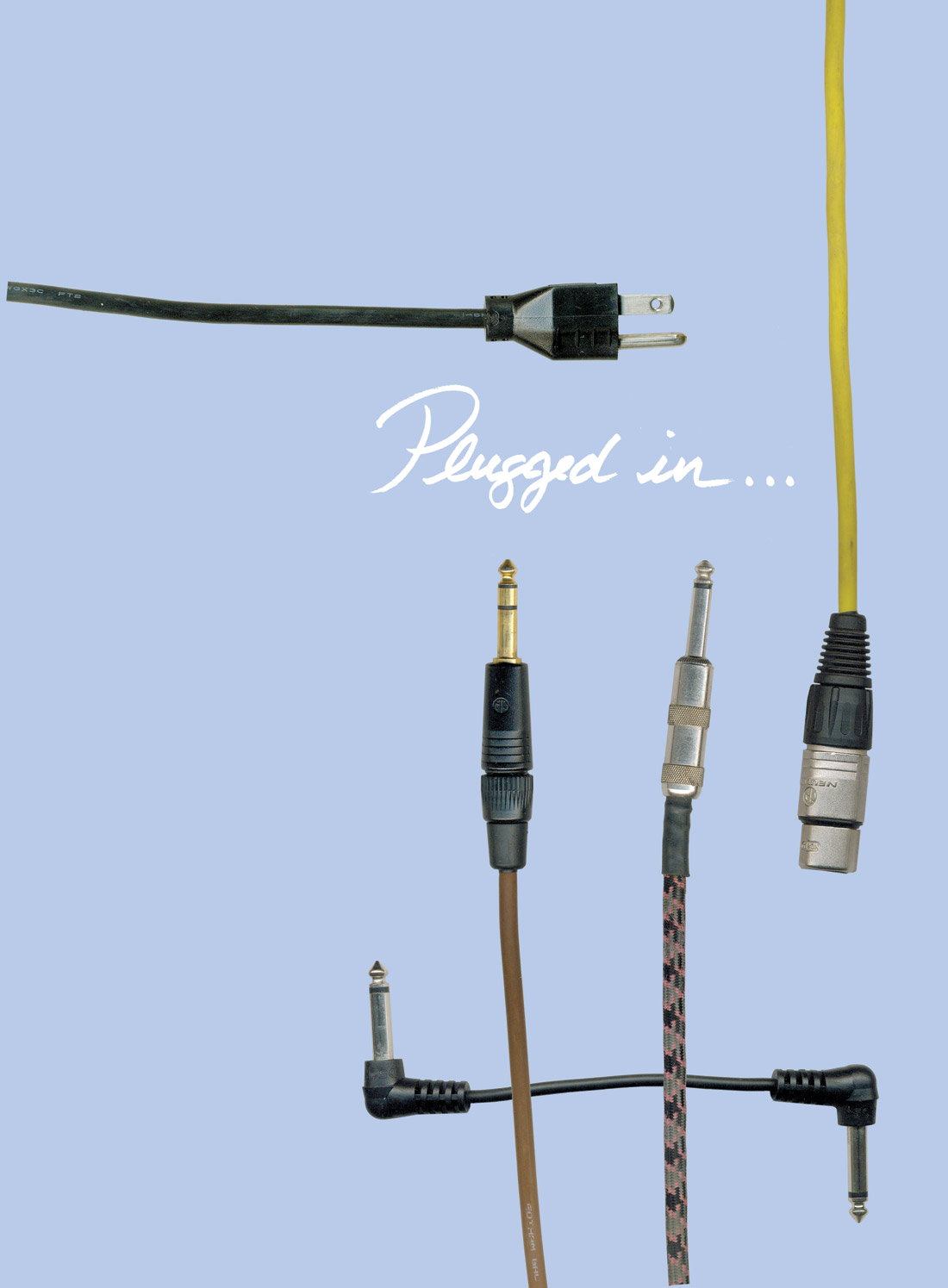

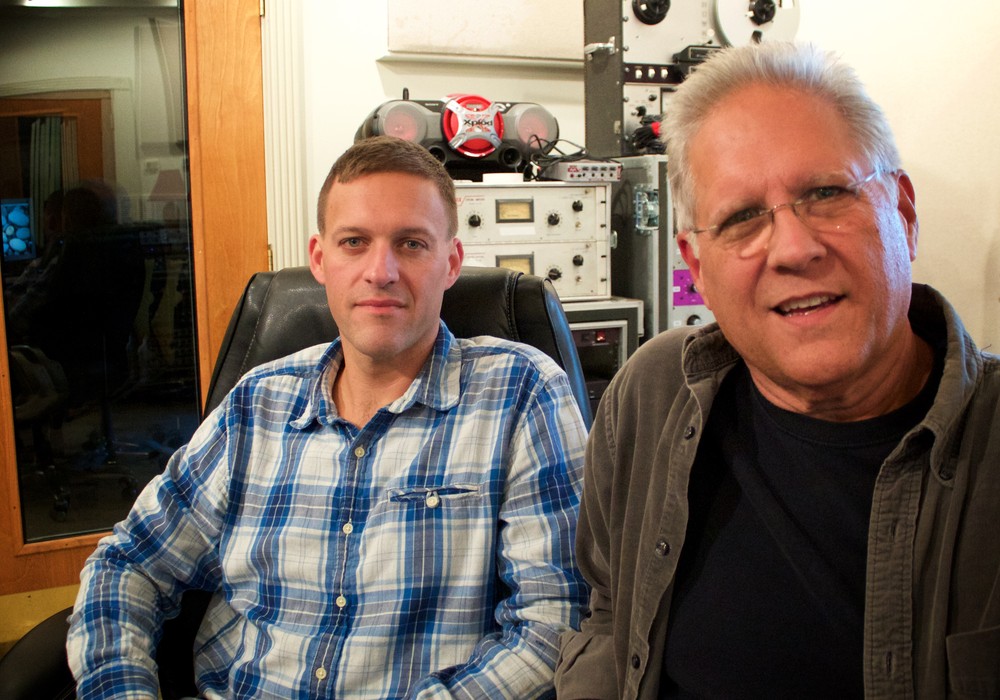
_display_horizontal.jpg)
